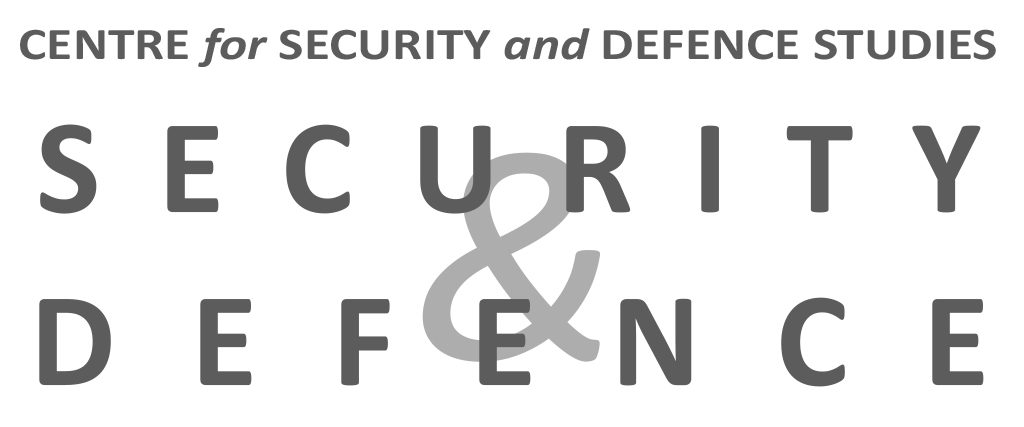
While the Belgian rock-dumping vessel Pompei was hijacked and its crew kidnapped in the waters off Somalia in 2009 – making Belgium no stranger to piracy –, in recent years, more than 90% of maritime kidnappings took place on the other side of the African continent. Indeed, the Gulf of Guinea has become the epicentre of global piracy, which not only destabilises the coastal states of this sub-region, but also disrupts regional and international trade. Since the Gulf of Guinea lies both on the main trade routes connecting the rest of the African continent with Europe or the United States and on the trade routes between Latin America, Europe and Asia, this sub-region is at the heart of intercontinental geostrategic, commercial and energy issues.
West Africa holds a third of the continent’s oil and natural gas reserves, and its marine fisheries are well sought after all over the world. The region is also a leading gold mining area and an important supplier of raw materials. While much of the trade passing through the region is legal, the Gulf of Guinea suffers from maritime security threats ranging from piracy, armed robbery and oil theft to illegal, unreported and unregulated fishing, pollution and trafficking in illicit goods, which fuels corruption and reinforces organised crime. In addition, this sub-region plays an increasing role in the strategies of armed terrorist groups (often affiliated to Al Qaeda and Daesh) that have chosen to make Africa, particularly the Sahel and increasingly the Gulf of Guinea, a priority in their expansion strategy.
In response to this growing insecurity, coastal states, international actors (including ECOWAS, ECCAS and the EU) and local and regional NGOs have put in place regional response and coordination mechanisms to combat piracy, armed robbery, smuggling, trafficking and illegal fishing activities (including from European and Chinese vessels). Nevertheless, piracy and maritime criminality have often proven to be elusive to the efforts to counter them.
In order to diversify our understanding of the causal and enabling factors as well as the consequences of maritime insecurity in this sub-region, we are honoured to welcome Dr Ife Okafor-Yarwood, lecturer in sustainable development at the University of St Andrews, to our campus as well as Dr Dirk Siebels, senior analyst at Risk Intelligence, who will be joining us virtually, to present us with their views.
Research line: Sahel and Sub-Saharan Africa
© Source images: U.S. Navy, Belgian Defence & Ghana Armed Forces

Evening conference
The Gulf of Guinea:
caught between illegal fishing, pirates and armed terrorist groups?
Conference videos:
Dr Dirk SIEBELS
Dr Ife OKAFOR-YARWOOD
Moderator : Maarten DANCKAERT
Languages: English
Simultaneous interpretation in English, Dutch and French
17 November 2022, 17:00 – 18:30
> 16:30 – Registration
> 17:00 – Conference
> 18:30 – Reception
Campus Renaissance
Rue Hobbema, 8
1000 Brussels
